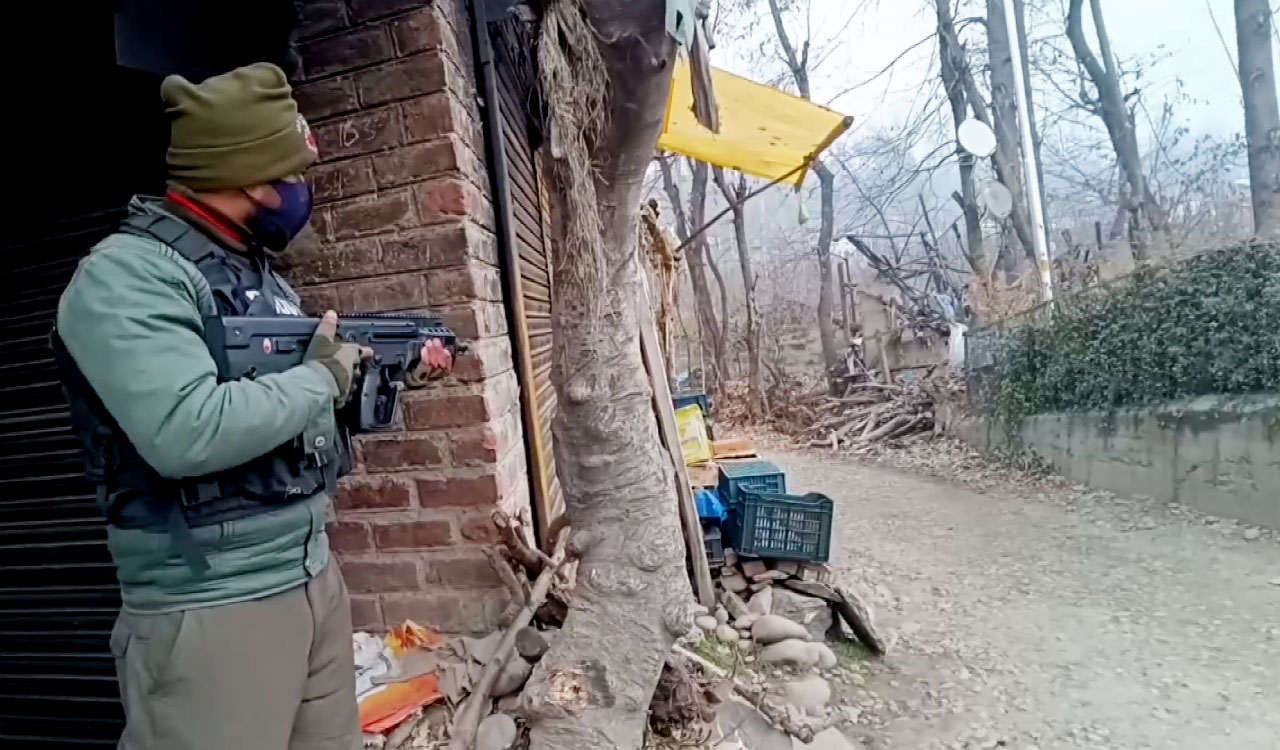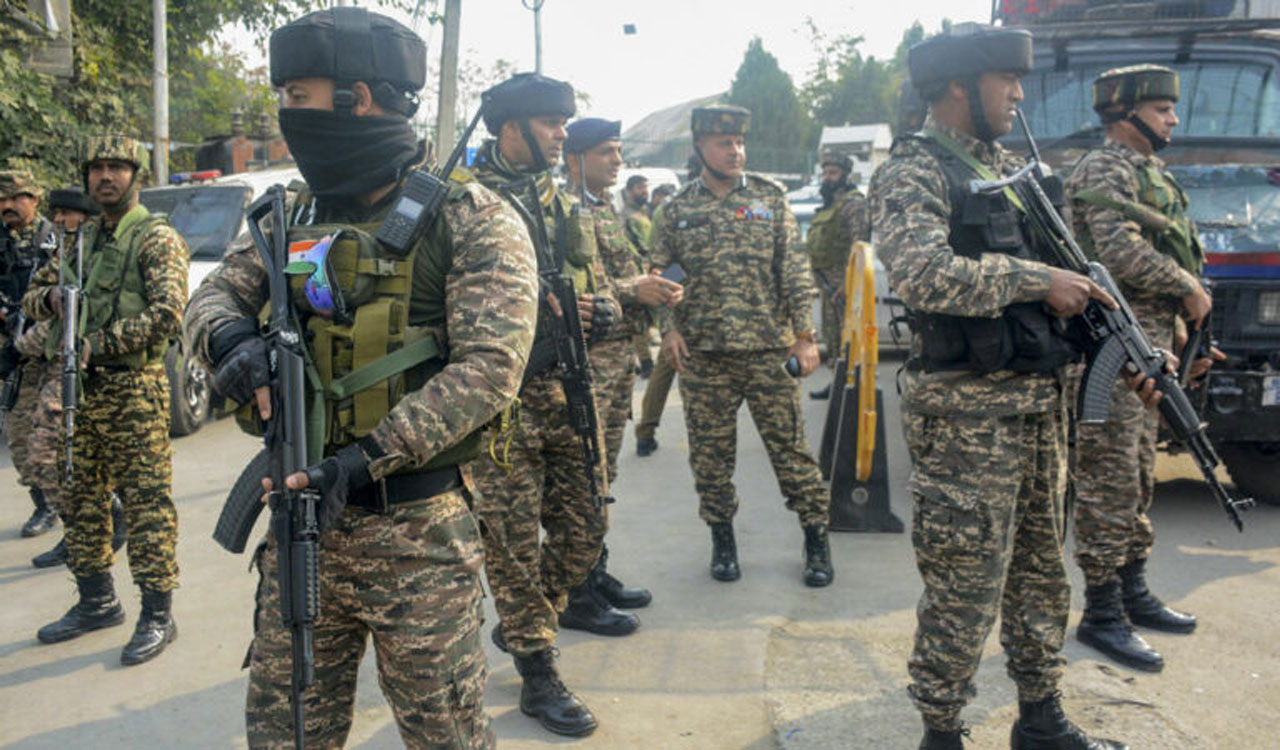Editorial: Shedding gloomy past
The just-concluded Assembly elections to J&K sends out a message that the people are yearning democratic empowerment

It is probably the only election where voter participation is more important than the outcome. The just-concluded Assembly elections to Jammu & Kashmir sent out a heart-warming message that the people of the trouble-torn region are yearning for peace and genuine democratic empowerment. The smooth conduct of the polls and an enthusiastic voter turnout, even in the sensitive belt where poll boycotts used to be the norm in the past, are the key positive takeaways. The three-phase polling recorded an overall turnout of 63.45%, nearly 6% higher than the Lok Sabha figure. The third phase saw the highest polling of 68.72% while the traditional boycott bastions of Sopore and Baramulla recorded their highest turnout in Assembly elections in the last three decades. As the region navigated a high-stakes election after a gap of ten years — a period that witnessed momentous developments — the seamless coordination between election officials, security agencies and local authorities ensured that the campaigning ended on a peaceful note. This was the first election held after the abrogation of Article 370 in August 2019, ending special status for J&K, and bifurcation of the State into two union Territories of Ladakh and Jammu & Kashmir. It was also the first time that diplomats from 15 countries were invited to witness the election process, reflecting a strategic shift in India’s approach and its confidence in ensuring fair democratic governance in a region with a long history of terrorist violence.
The valleys and the mountains, which had once witnessed fear amid poll boycott calls by militant groups, took part in the democratic festivities. Unlike in the past, there were no election boycott calls from militant groups nor was there any attempt to disrupt voting. There is a growing desire among the people to actively engage in shaping their future. In the recent Lok Sabha elections too, many enthusiastic voters queued up at the polling booths to exercise their franchise. The incident-free voting signals public faith in the electoral process. This is despite considerable anger over the Centre’s decision to convert the State into union territory. The elections in J&K are not just a domestic affair as they hold international significance, particularly in the light of a long history of cross-border terrorism nurtured by Pakistan. The international community has frequently raised concerns about the human rights situation in the region, especially after the revocation of Article 370. By showcasing a peaceful and organised election, New Delhi effectively addressed these concerns head-on and presented Kashmir as a region moving towards stability and development. Areas near the Line of Control and the international border, usually vulnerable to disruptions, remained calm, with polling stations set up in even the most sensitive regions. This successful election campaign has not only fortified faith in the region’s governance but also shown the world that democracy can thrive against all odds.
Related News
-
Haiti gang attack on journalists covering hospital reopening leaves 2 dead, several wounded
19 mins ago -
21 dead as Mozambique erupts in violence after election court ruling
37 mins ago -
Cartoon Today on December 25, 2024
8 hours ago -
Sandhya Theatre stampede case: Allu Arjun questioned for 3 hours by Chikkadpallly police
9 hours ago -
Telangana: TRSMA pitches for 15% school fee hike and Right to Fee Collection Act
9 hours ago -
Former Home Secretary Ajay Kumar Bhalla appointed Manipur Governor, Kerala Governor shifted to Bihar
9 hours ago -
Hyderabad: Organs of 74-year-old man donated as part of Jeevandan
9 hours ago -
Opinion: The China factor in India-Nepal relations
10 hours ago




